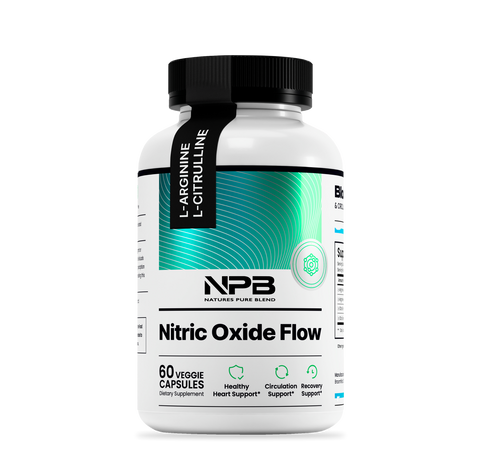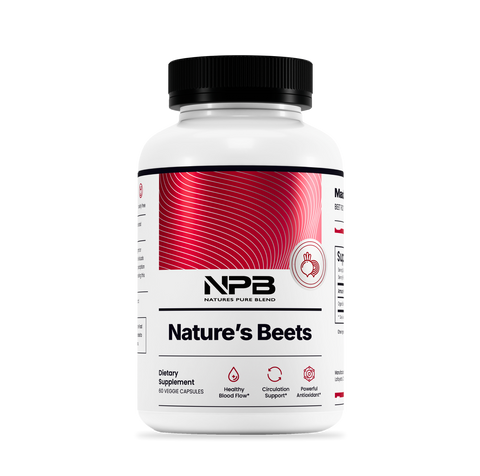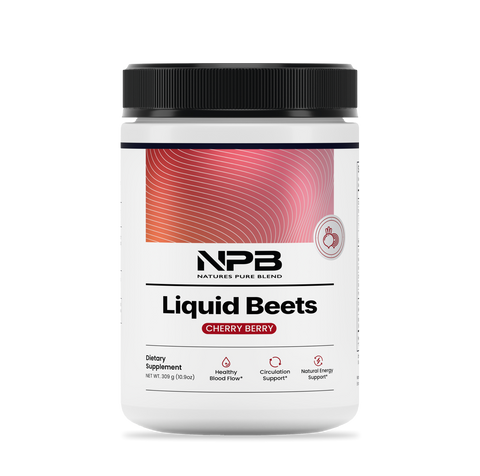Anti-Inflammation with Turmeric

Turmeric may be the most effective nutritional supplement in existence.
Many high-quality studies show that it has major benefits for your body and brain.
Here are the top 10 evidence-based health benefits of turmeric.
1. Turmeric Contains Bioactive Compounds With Powerful Medicinal Properties
Turmeric is the spice that gives curry its yellow color.
It has been used in India for thousands of years as a spice and medicinal herb.
Recently, science has started to back up what Indians have known for a long time — it really does contain compounds with medicinal properties (1).
These compounds are called curcuminoids, the most important of which is curcumin.
Curcumin is the main active ingredient in turmeric. It has powerful anti-inflammatory effects and is a very strong antioxidant.
However, the curcumin content of turmeric is not that high. It’s around 3%, by weight (2).
Most of the studies on this herb are using turmeric extracts that contain mostly curcumin itself, with dosages usually exceeding 1 gram per day.
It would be very difficult to reach these levels just using the turmeric spice in your foods.
Therefore, if you want to experience the full effects, you need to take a supplement that contains significant amounts of curcumin.
Unfortunately, curcumin is poorly absorbed into the bloodstream. It helps to consume black pepper with it, which contains piperine, a natural substance that enhances the absorption of curcumin by 2,000% (3).
The best curcumin supplements contain piperine, substantially increasing their effectiveness.
Curcumin is also fat soluble, so it may be a good idea to take it with a fatty meal.
2. Curcumin Is a Natural Anti-Inflammatory Compound
Inflammation is incredibly important.
It helps your body fight foreign invaders and also has a role in repairing damage.
Without inflammation, pathogens like bacteria could easily take over your body and kill you.
Although acute, short-term inflammation is beneficial, it can become a major problem when it becomes chronic and inappropriately attacks your body's own tissues.
Scientists now believe that chronic, low-level inflammation plays a major role in almost every chronic, Western disease. This includes heart disease, cancer, metabolic syndrome, Alzheimer's and various degenerative conditions (4, 5, 6).
Therefore, anything that can help fight chronic inflammation is of potential importance in preventing and even treating these diseases.
Curcumin is strongly anti-inflammatory. In fact, it’s so powerful that it matches the effectiveness of some anti-inflammatory drugs, without the side effects (7,8, 9).
It blocks NF-kB, a molecule that travels into the nuclei of your cells and turns on genes related to inflammation. NF-kB is believed to play a major role in many chronic diseases (10, 11).
Without getting into the details (inflammation is extremely complicated), the key takeaway is that curcumin is a bioactive substance that fights inflammation at the molecular level (12, 13, 14).
3. Turmeric Dramatically Increases the Antioxidant Capacity of the Body
Oxidative damage is believed to be one of the mechanisms behind aging and many diseases.
It involves free radicals, highly reactive molecules with unpaired electrons.
Free radicals tend to react with important organic substances, such as fatty acids, proteins or DNA.
The main reason antioxidants are so beneficial is that they protect your body from free radicals.
Curcumin is a potent antioxidant that can neutralize free radicals due to its chemical structure (15, 16).
In addition, curcumin boosts the activity of your body's own antioxidant enzymes (17, 18, 19).
In that way, curcumin delivers a one-two punch against free radicals. It blocks them directly, then stimulates your body's own antioxidant defenses.


